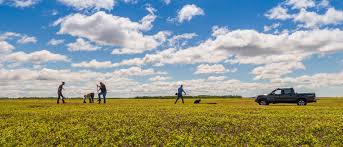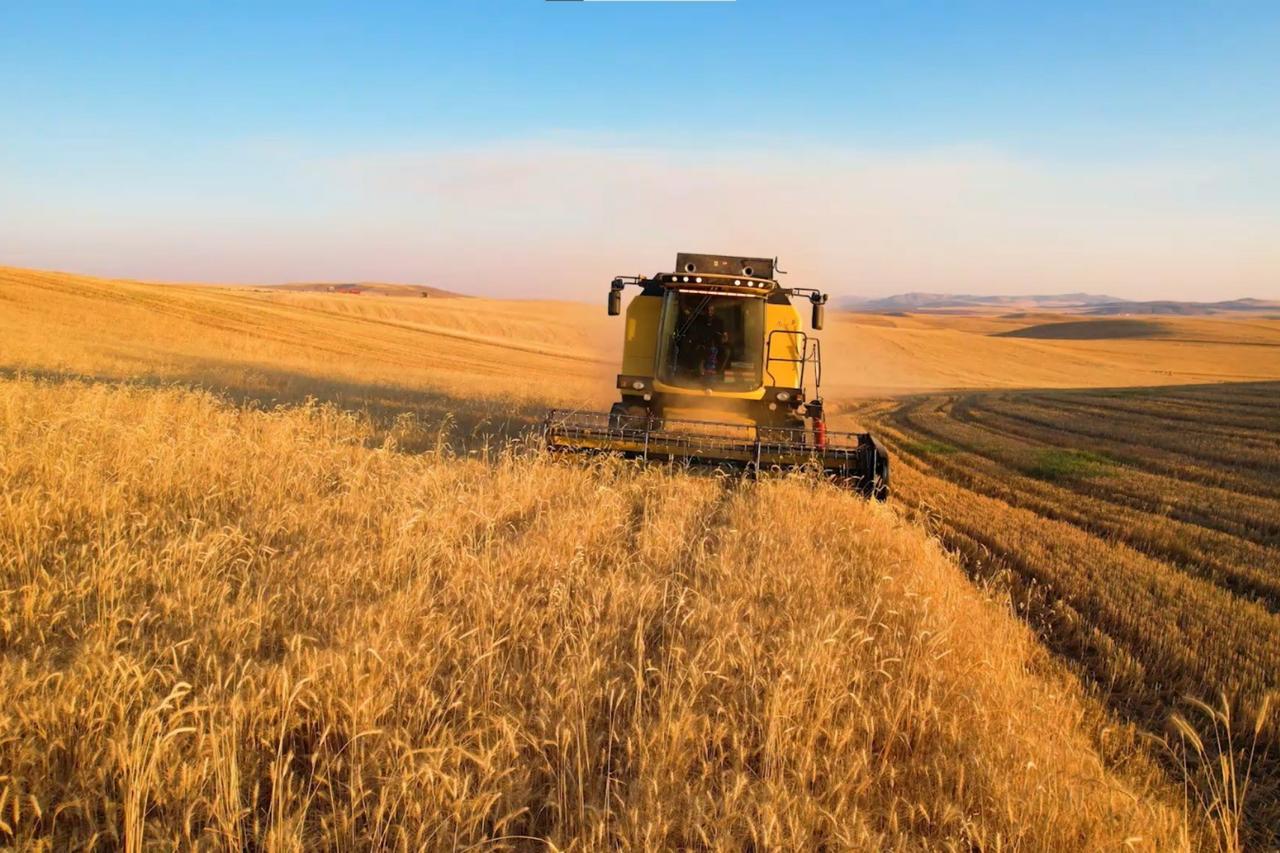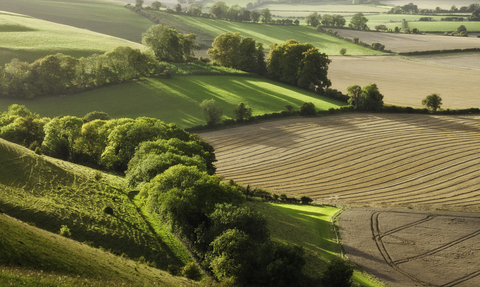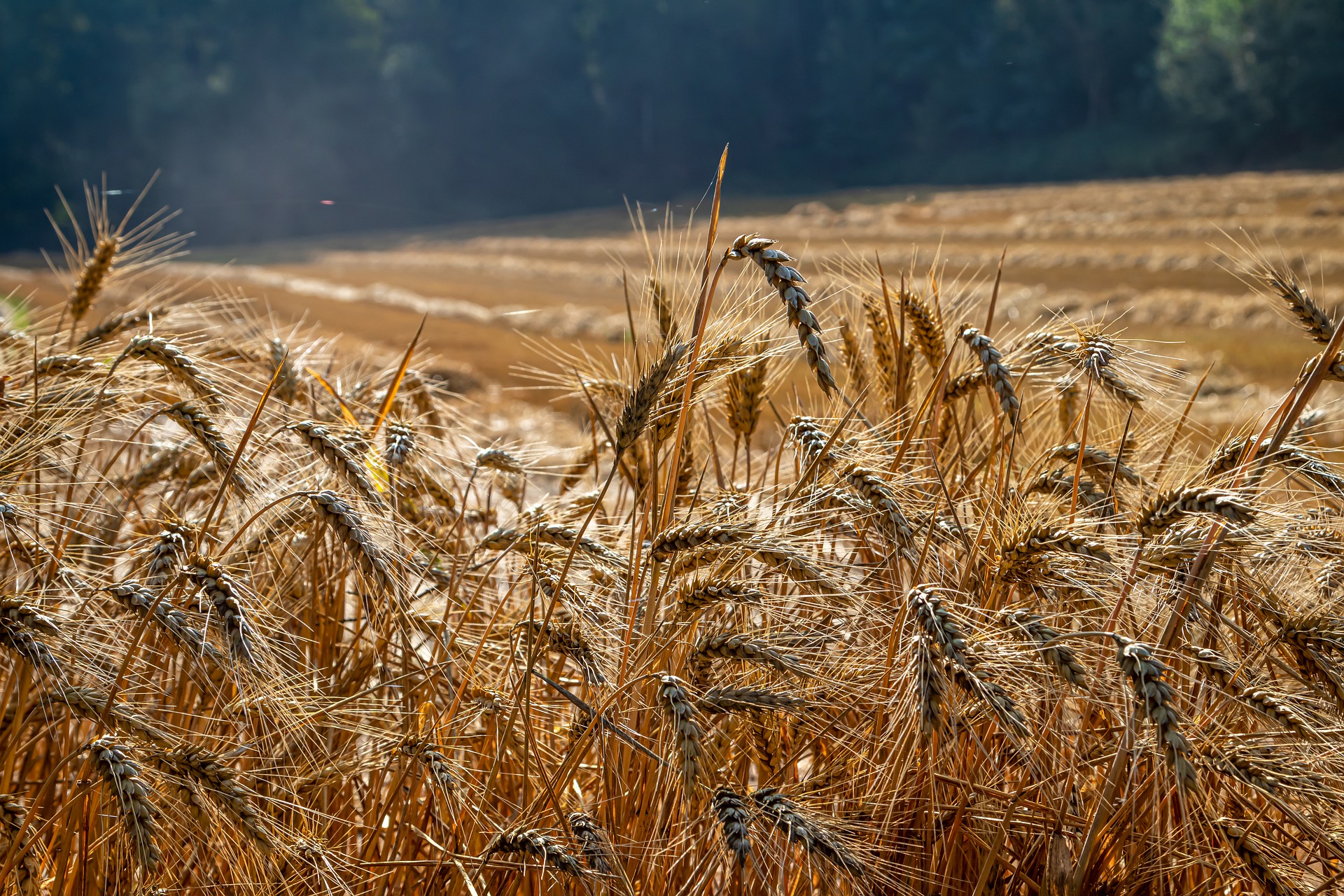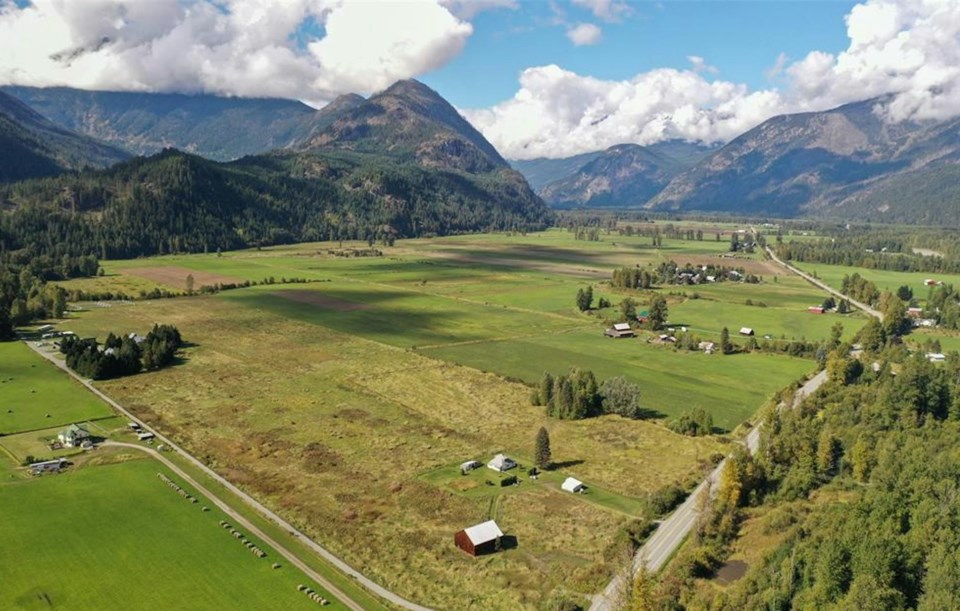The Bill & Melinda Gates Foundation is awarding a $4.96 million grant to Penn State's PlantVillage to help increase food production for smallholder farmers who face pests and disease of their crops across sub-Saharan Africa. The research project, called Delphi, will create a modeling platform that can be used by researchers globally to improve the speed and accuracy of efforts to identify emerging threats.
The United Nations Food and Agriculture Organization (FAO) estimates that each year, 20% to 40% of global crop production is lost to plant pests and diseases. The global economic cost of plant diseases alone is estimated to be $220 billion, and invasive insects account for an additional $70 billion in losses.
“The problem is especially challenging for small-sale farmers in sub-Saharan Africa, where there is limited existing capacity to deal with these threats,” said David Hughes, founder of PlantVillage and Huck Professor in Global Food Security, Penn State. “For example, smallholder farmers growing maize in East Africa lose billions annually from pests and diseases that ravage their crops.”
Hughes noted that researchers anticipate climate change and other factors will lead to an increase in pest and pathogen outbreaks — and absent new efforts to combat the problem, damage to food security and economic livelihoods in the region will intensify.
Outbreaks extend across national boundaries, and response must involve regional efforts focused on timely information sharing, surveillance and control, he added. That requires maintaining plant health systems that can efficiently use limited resources via better coordination and innovation.
Key beneficiaries of this investment will include international organizations, like the CGIAR global network of agricultural research centers and FAO, and researchers at local universities and in the private sector. It will help them develop computer vision and machine learning models that can identify, track and predict pest outbreaks. PlantVillage has been a pioneer in the development and deployment of computer vision models that accurately and precisely diagnose crop diseases. This builds upon extensive FAO collaborations, including the eLocust3m mobile app that helped halt the 2020 African Locust plague, and the Fall Armyworm Early Warning system, both built by PlantVillage.
PlantVillage employs two different modelling approaches in all its work. One is developing a platform on which the scientific community can train, validate and deploy machine learning models to detect crop diseases or pests using smartphones. The other uses statistical and machine learning models to translate geographically separated pest and disease observations into usable maps predicting pest presence.
“The goal of Delphi is to develop new models that can detect the dynamics of emerging threats in weeks rather than months,” Hughes said. “The ability to allow a user to provide feedback from the field, using a smartphone camera, will ensure that the model predictions are accurate.”
These data will be used by all stakeholders to manage emerging issues, identify priority areas, and develop early warning systems, he explained.
The project complements related work ongoing through initiatives such as the USAID Feed the Future Innovation Lab for Current and Emerging Threats to Crops, which was awarded to Penn State; the CGIAR’s Plant Health Initiative; and the Malawi Digital Plant Health Service with National Public Ownership. It can support efforts to develop a collaborative system that meets regional needs for prediction and response to transboundary pests.
The work also continues the long-term association between Penn State and FAO, which stretches back to 2018 when Hughes was an FAO Fellow in Rome working with the Desert Locust and transboundary pest group, led by Keith Cressman.
"It is really rewarding to see this project funded," said Cressman. "It’s a strong statement that leveraging digital technologies and working in partnership across institutions like FAO and Penn State pays great dividends."
Huck Institutes Director Andrew Read said, “The PlantVillage team continues to meet the global challenge of food security by refining and building upon the ingenious systems they have created. I can’t think of a more inspirational example of a Huck project than this one, both in terms of bringing disparate disciplines together and in making a powerful impact on a global scale.”
Prasanna Boddupalli, CGIAR Plant Health Initiative lead, said, “The PlantVillage platform has excellent complementarity with the efforts being made under the CGIAR Plant Health Initiative with partners in sub-Saharan Africa, Asia and Latin America. The project offers promise in terms of more effective pest and pathogen diagnostics using artificial intelligence and deep learning. It can potentially build the capacities of a new generation of scientists and students in the Global South on plant health management using modern tools and approaches.”
Angela Records, USAID Bureau for Resilience and Food Security Research Operations and Implementation lead, said, “We cannot achieve Feed the Future goals of agriculture-led economic growth, strengthened resilience, and a well-nourished population without addressing the often-devastating impacts that pests and pathogens have on crops around the world. Recognizing this, USAID is partnering with Penn State through the Current and Emerging Threats to Crops Innovation Lab and leveraging the PlantVillage platform to monitor transboundary pests and diseases and provide critical threat information to farmers and other decisionmakers.”
PlantVillage was initiated in 2012 with support from the Huck Innovative and Transformational Seed (HITS) fund, administered by Penn State’s Huck Institutes of the Life Sciences.
Source - https://www.psu.edu





